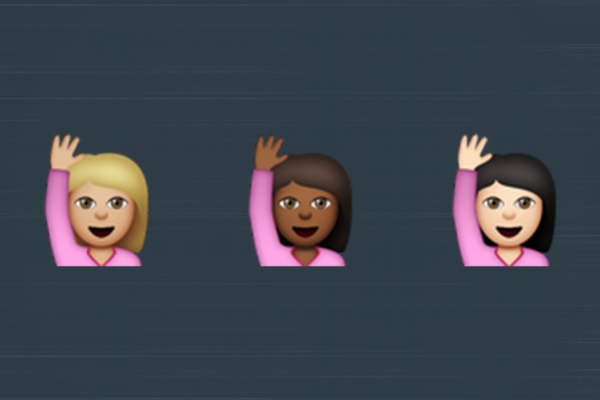One thing I’ve learned as a mixed person in America is this: While it matters what other people think you are — especially when they’re profiling you — of equal significance is what and who you know you are.
I know that I am black. My dad is African-American. My husband is from Angola. Therefore, I align a large part of my racial identity with the black community, and have numerous family members who are varying shades of “identifiably” black. But I’m not only black — I’m also of Eastern European Jewish descent, via my mother, and I’m partially Native American, via my father. I don’t usually claim my Native American identity, as it’s a small ethnic percentage of who I am, but today it is relevant.
All three of the people groups and ethnicities to which I belong — Jews, African-Americans, and Native Americans — are ones that have been historically and currently oppressed, marginalized, massacred, minimized, and ignored.
Romans 12:15-16 encourages Christians to come alongside each other in times of joy and in times of grief. With racism, prejudice, and injustice rife in our weekly news reports, I want to encourage us to consider the ways we can engage our neighbors beyond an effort to provide a sense of comfort or peace. I believe we are called, in whatever small way we can, to not only accompany them in their grief, but also to acknowledge, validate, and recognize the injustice or atrocities that occur — and to seek to take action to address this within our own sphere of influence.
As Christians, we also have a moral necessity to do more than pray. Don’t get me wrong — prayer is important! Prayer opens the door for God to do what we can’t do. But we also can’t let that be an excuse for why we don’t take action.
Here are a few very concrete action steps for engaging in ending racial injustice:
1. Attend community meetings.
No matter where you live, you are part of a neighborhood with issues. Therefore, you should be involved in the solutions. One way to do this is to attend community and city council meetings where you can listen, learn, suggest, and advocate.
2. Research your district, city, and state representatives.
Most of us care about the presidential elections, but far too often we just guess when it comes to our senators, councilmen, and mayors. But these government representatives actually have the most significant impact on what happens or doesn’t happen in your city. Educate yourself so you can elect accordingly!
3. Vote.
I don’t think I need to say anything more than that. And yes, YOUR VOTE COUNTS.
4. Support local justice organizations doing good work to address the concerns of injustice and inequality in your community.
You can contribute time, fiscal resources, or other gifts — whatever you’re able to do to stand behind them and labor alongside them.
5. Engage, in some way, with local police and law enforcement.
This is hard to suggest, especially as a black person in America. But there are some police and law enforcement officials striving to be a force for good, and if they are looking for guidance and input from local residents, you could be an influential factor in their approach to engaging your community.
6. Mentor the next generation.
People often complain about “aimless youth” who skip school, engage in crime, or run amuck in the city. I’m sure most of you can think of at least one young person who has displayed those behaviors. Well — what are you doing about it? Have you made an effort to reach out? And if you can’t think of someone, have you tried to get connected with someone or a mentor organization (like ACE Mentoring or Big Brothers Big Sisters) that can?
7. Pray.
The point of this article is not to discourage Christians from praying. Everything we do should be undergirded by prayer. As Martin Luther King pointed out, “To be a Christian without prayer is no more possible than to be alive without breathing.”
We are all, to varying degrees, good at doing Romans 12:15-16 — we can cry and we can mourn with those who mourn. I think I can also say that we all desire Amos 5:24 — to see justice and righteousness descend like an ever-flowing stream. But in order to see Amos 5:24 become a reality, we need to engage in the fast of Isaiah 58 — to loose the chains of injustice, and set the oppressed free. Before God speaks through Amos about justice and righteousness, God condemns the solemn assemblies, sacrifices, and worship services of the Israelites. God actually says it’s preferable to see justice and righteousness go forth than any token promotion of religious trappings.
I pray as we move forward that we consider how God is calling us to step outside the walls of our homes or workplaces, and into the streets. Let us begin to truly fast, as described in Isaiah 58 — so that “our light may break forth, our healing may spring up, our righteousness may go before us, and the glory of the Lord will be made manifest in all the earth.”
This article was inspired by a recent sermon from one of the elders in the author's church. Elements are incorporated with his permission.
Got something to say about what you're reading? We value your feedback!

